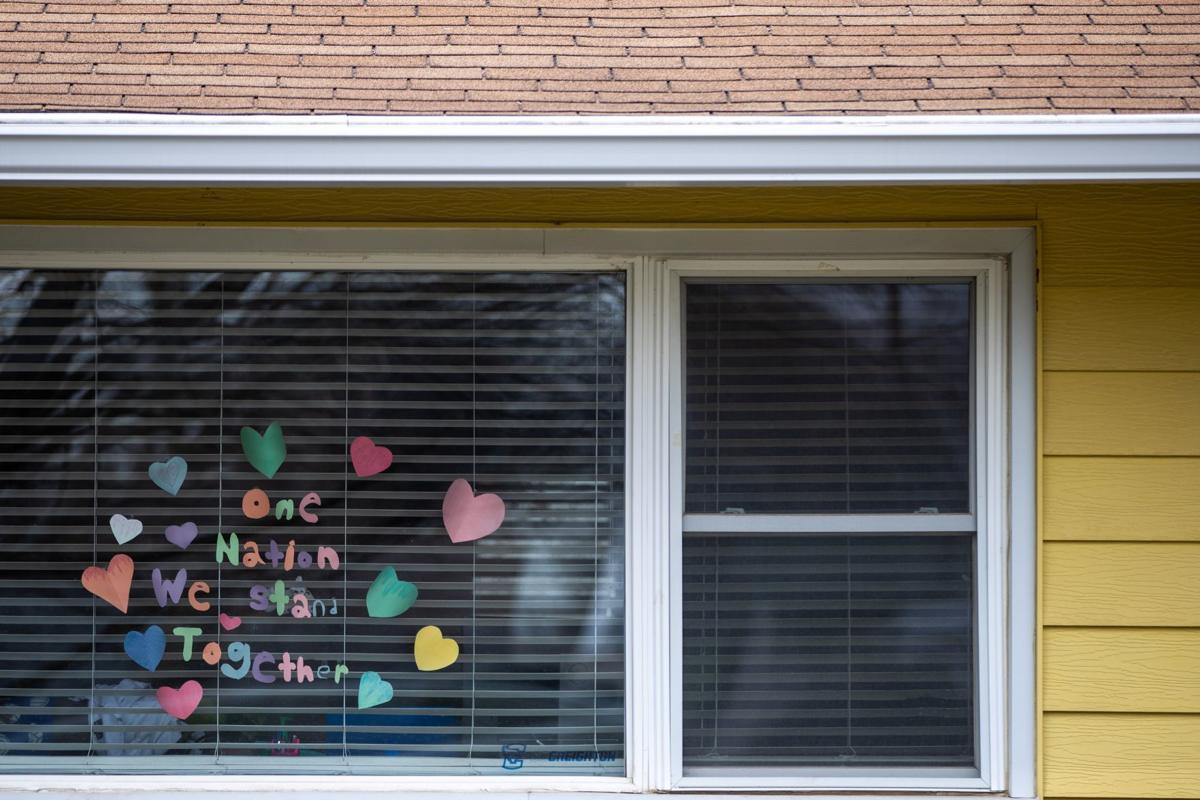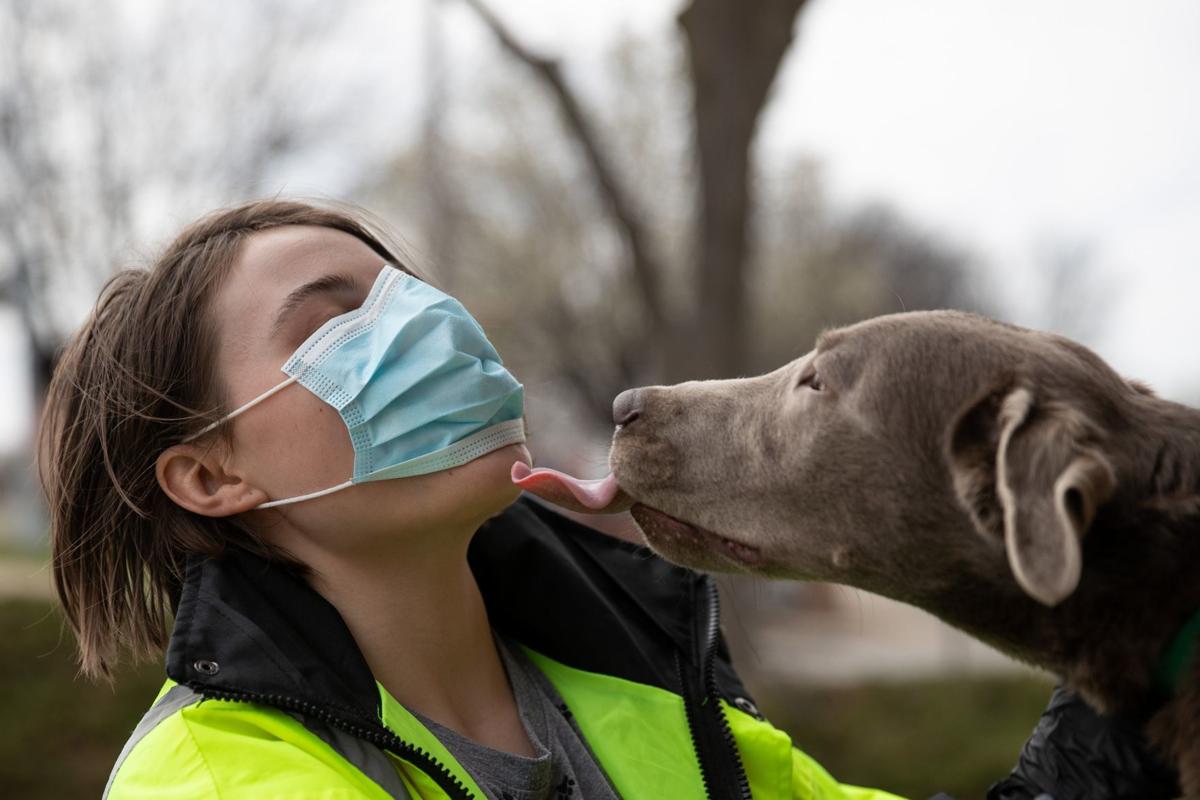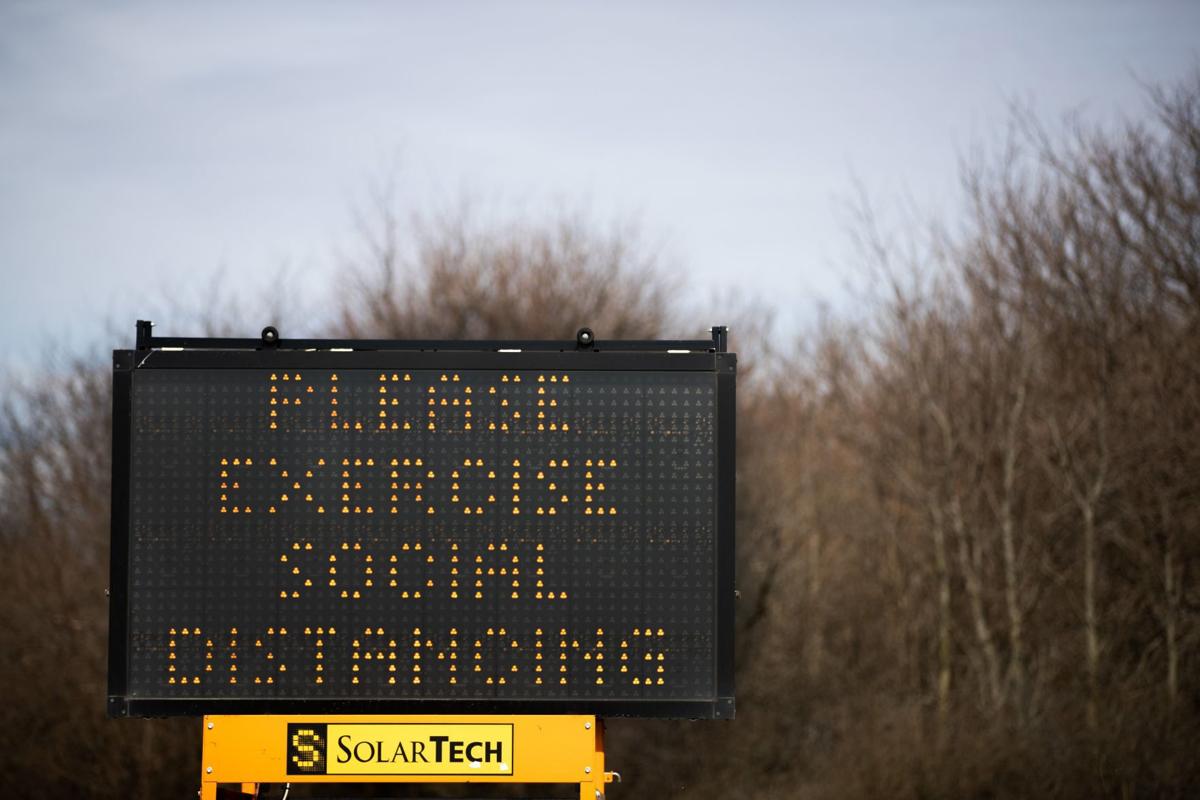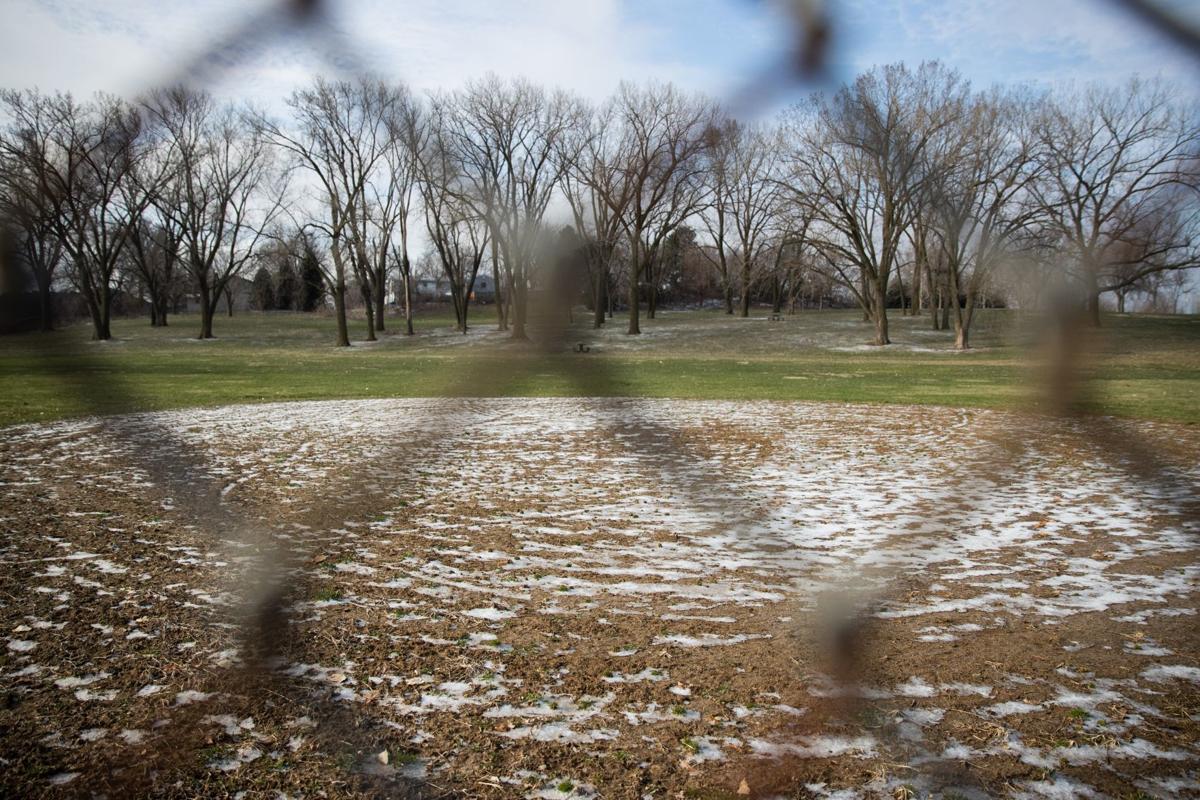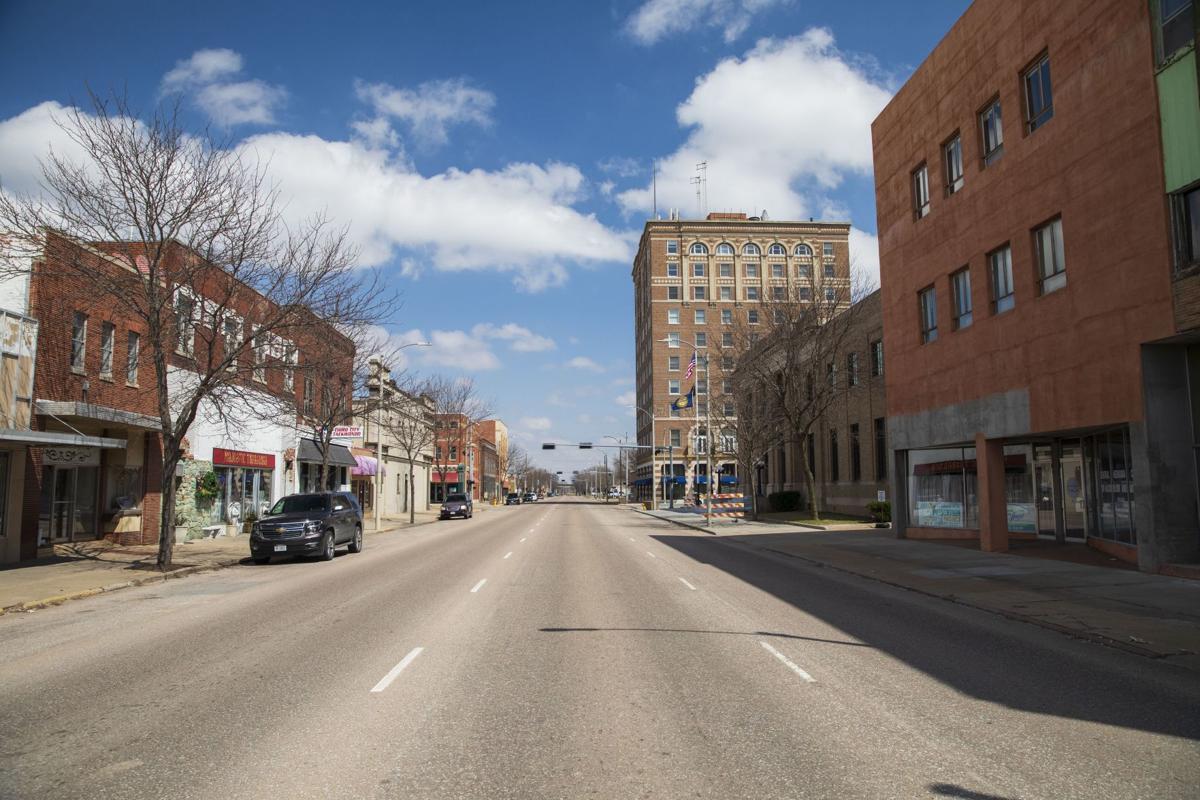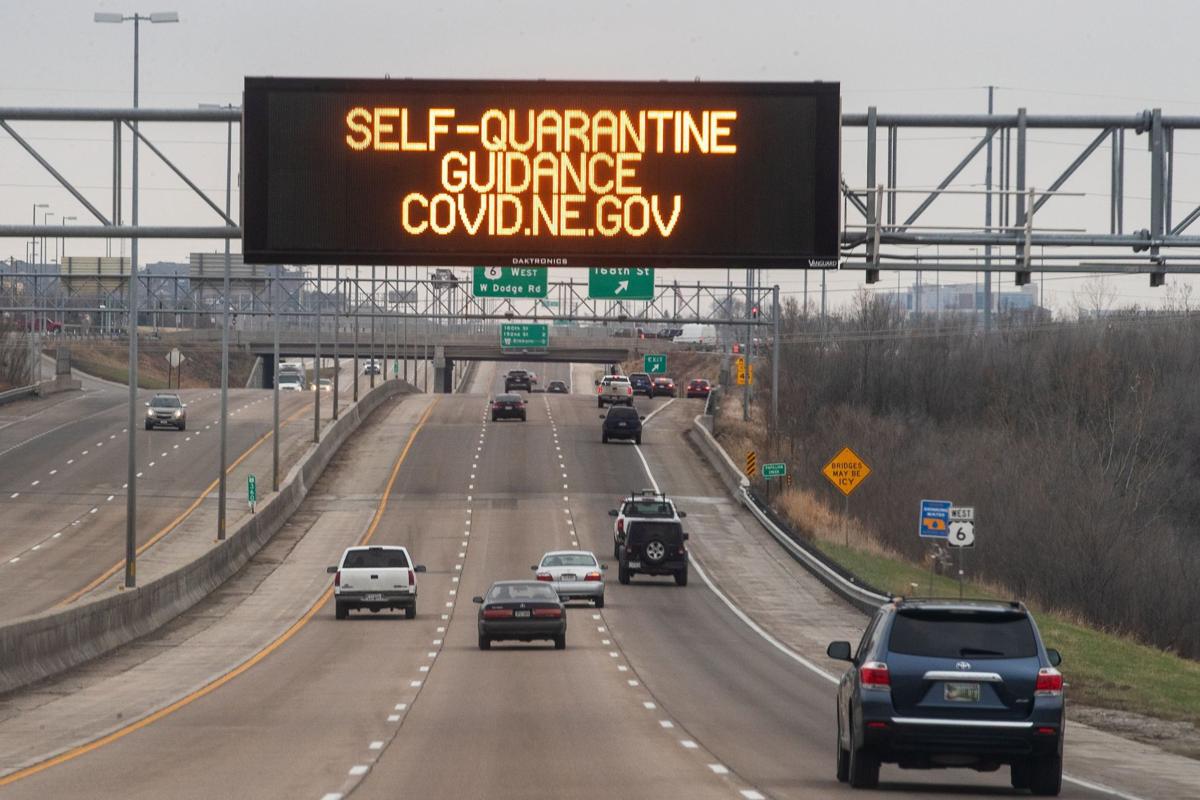LINCOLN — Ashley Anderson had been six years without health coverage when she told her story as part of the campaign for a Medicaid expansion ballot measure in Nebraska.
The Omaha woman talked of not being able to see a neurologist or get her anti-seizure medications checked. Of uncontrolled seizures that kept her from working full-time or earning enough to pay for health insurance.
Of side effects she might escape with a different medication. Of unpaid ambulance and emergency room bills.
But Medicaid expansion has yet to begin, nearly 1½ years after voters approved it, and Anderson is still struggling.

Ashley Anderson
“We’ve been doing all we can to keep her medication filled,” said her mother, Shannon Casey. “Not much has changed.”
Official plans still call for launching the expansion on Oct. 1. That would be 23 months after the November 2018 vote requiring Medicaid to cover some 94,000 low-income adults in Nebraska.
No other state has taken more than 14 months from approval to launch. That includes Utah and Idaho, whose voters approved ballot measures at the same time as Nebraska voters. It also includes at least 10 states that sought federal approval to waive traditional Medicaid rules, as Nebraska has requested.
Advocates blame Gov. Pete Ricketts, an ardent foe of expansion, for the pace of progress.
“It’s inexplicable to me other than ideological,” said State Sen. Machaela Cavanaugh of Omaha. “It is purposefully slow-walking the will of the voters of the state of Nebraska.”
Ricketts bristled at the suggestion that Nebraska could move faster to implement expansion.
“Not one person has seriously approached us to say I’ve looked at your project plan, here’s where you can tighten this timeline,” he said. “Not one person.”
Sign up for World-Herald news alerts
Be the first to know when news happens. Get the latest breaking headlines sent straight to your inbox.
Ricketts also rejected advocates’ calls to speed up the launch in light of the coronavirus epidemic. State Medicaid officials are on track to meet the current start date, he said, but they do not have the ability to start sooner.
Among other tasks, he said, they still have to build up their network of doctors and other providers, finish developing and testing enrollment software, get contracts signed with the private companies that manage Medicaid and rewrite state regulations. HHS officials said the state’s methodical approach will pay off in less confusion and stress for providers.
“If we were to change that now it would push it back to at least December,” Ricketts said, “so that’s not a feasible option.”
But Molly McCleery of Nebraska Appleseed argued that speeding up Medicaid expansion would help Nebraska weather the coronavirus epidemic and the economic havoc it has caused.
“Coronavirus changes things in that it shines a light on the fact that we need as many people covered as possible,” she said. “We want to make sure we’re using every tool we have to fight coronavirus.”
People without the means to pay for health care are less likely to go to the doctor if they have symptoms of COVID-19, the disease caused by the coronavirus, and less likely to be tested. They also are more likely to have untreated medical conditions that make them more vulnerable, Cavanaugh said.
Under federal coronavirus legislation, states can use their Medicaid programs to pay for coronavirus testing of uninsured people. Nebraska has not sought approval for that option so far. The federal legislation does not cover treatment of the disease.
Jessica Schubel, a senior policy analyst with the Center on Budget and Policy Priorities in Washington, D.C., said soaring unemployment because of coronavirus also increases the need for Medicaid expansion, because it means more people losing employer-provided health insurance.
“Medicaid serves as a lifeline for low-income Americans at times such as this,” she said.
Nebraska has seen more than 66,000 workers file first-time jobless claims over the last three weeks. Each week has set a new record as businesses struggle with restrictions aimed at slowing the spread of the virus.
Medicaid expansion would provide coverage for working-age adults without disabilities or minor children whose incomes fall below 138% of the federal poverty level — $17,236 for a single person or $35,535 for a family of four.
Currently, single adults and couples without minor children cannot qualify for Medicaid, no matter their income level. Also barred are parents and disabled people with incomes higher than the current Medicaid cutoff. Noncitizens are not eligible now and would remain ineligible under expansion.
The coronavirus already has forced some changes in Nebraska’s Medicaid expansion plans.
HHS officials announced Friday that the Centers for Medicare and Medicaid Services has been too occupied dealing with the virus to review and approve the state’s plan for a two-tier system of expansion benefits. Approval had been expected this month but now will be at least six months away.
As proposed, the system would have provided most newly eligible Medicaid patients with dental, vision and over-the-counter medication benefits if they complied with eight requirements, including wellness, personal responsibility and “community engagement.”
The change announced Friday means newly eligible patients, with some exceptions, cannot get those “prime” benefits, which are part of the traditional Medicaid program.
However, they will get so-called basic benefits, which include physical and mental health services and prescription drugs. Nebraska officials said the higher tier of benefits will be available once federal officials can review and approve the state’s proposal.
The exceptions are people considered medically frail, pregnant women and young adults ages 19 and 20. Those groups will get all of the traditional Medicaid benefits.
Ricketts and state Medicaid officials said the expansion remains on track for an Oct. 1 launch date, with applications starting Aug. 1.
One key expansion advocate said she supports the state’s launch timeline, given the coronavirus pandemic.
Sen. Sara Howard of Omaha, the Health and Human Services Committee chairwoman, said she worries that HHS workers could not cope with the stress of speeding up the expansion.
Although the state has filled the new positions planned for the expansion, she said the coronavirus has taken its toll on employees, many of whom have been required to continue working from their offices.
“I don’t want to put any more strain on their system,” Howard said. “I think that’s the most pragmatic and practical approach.”




